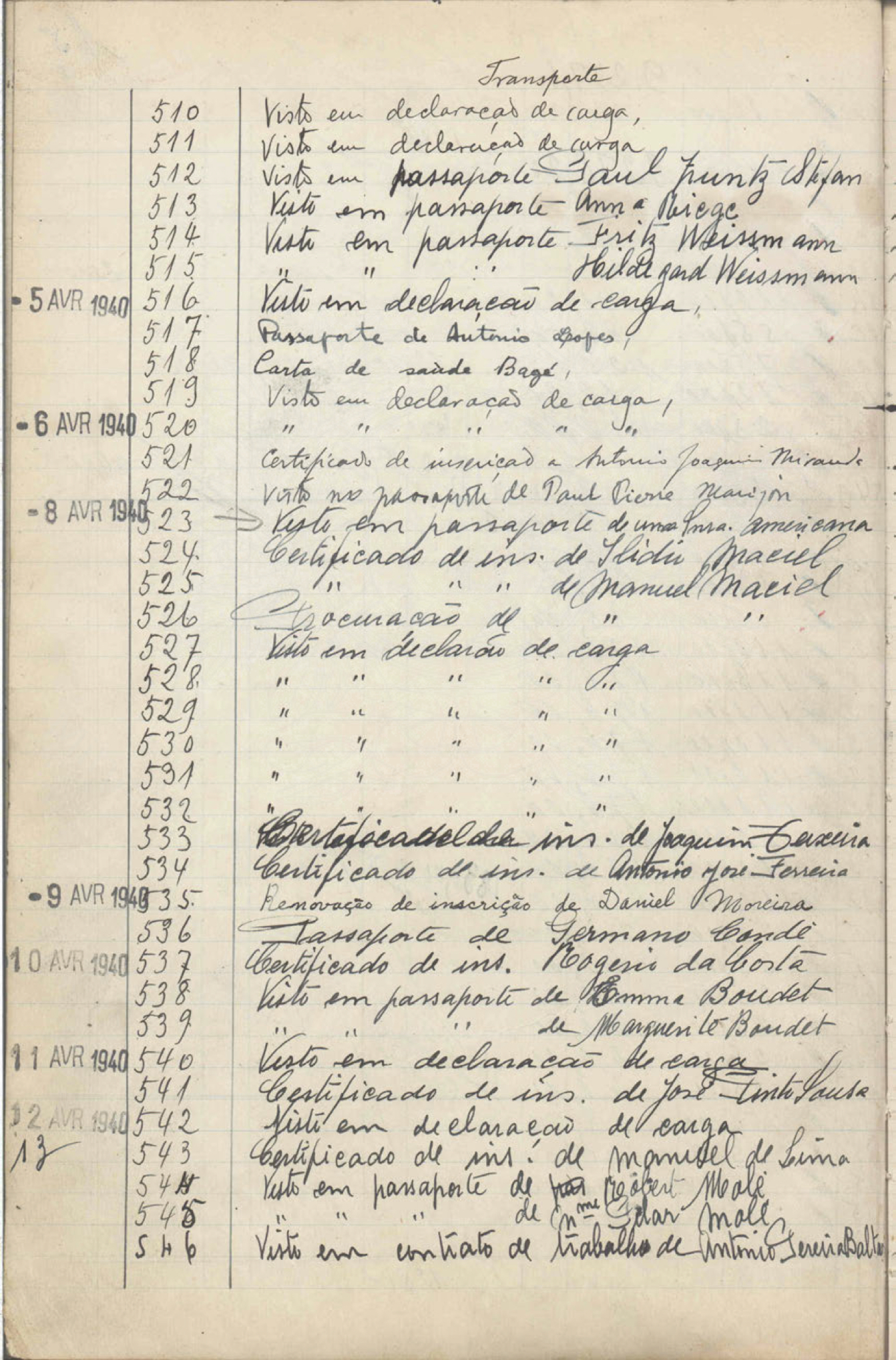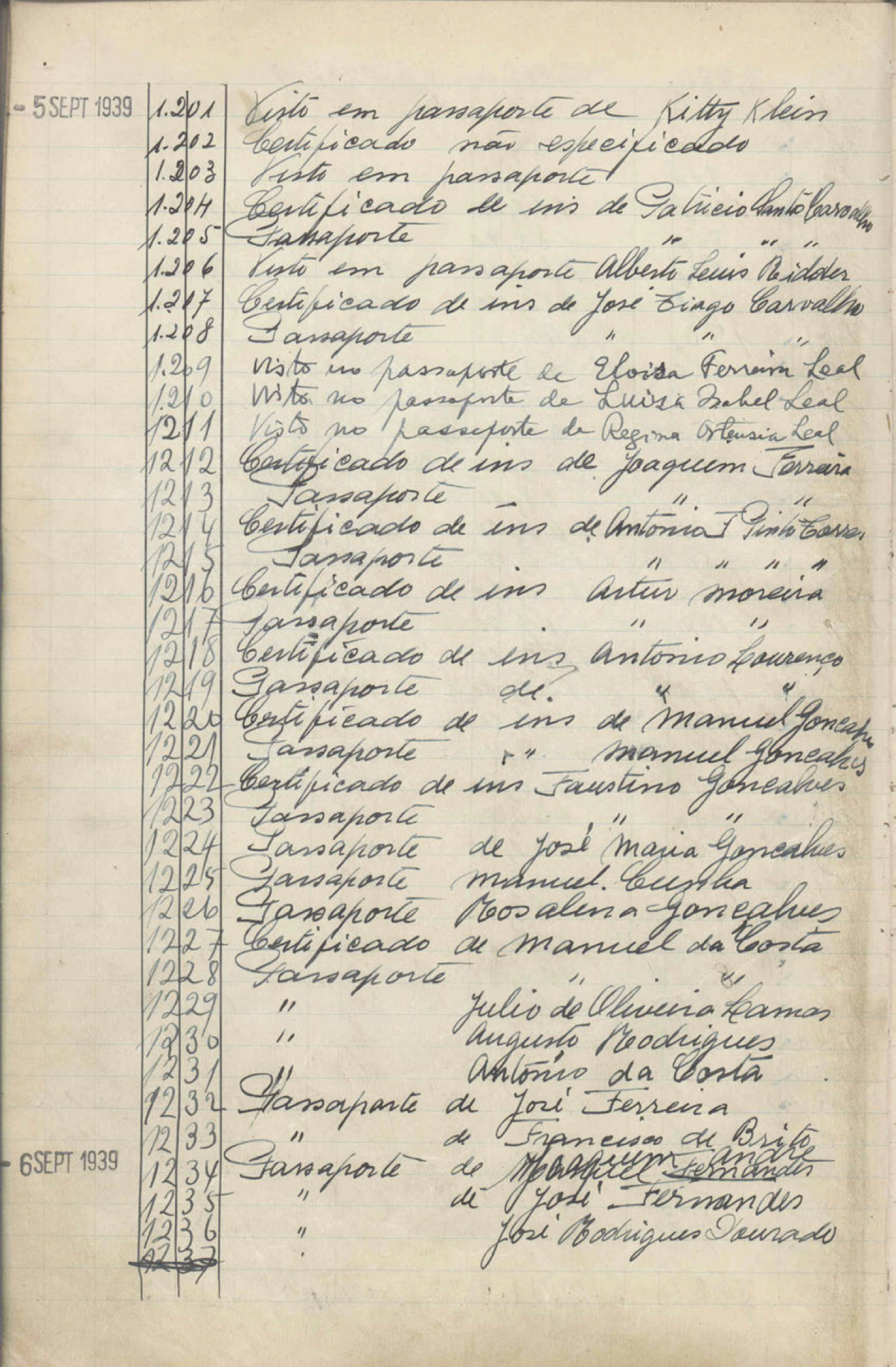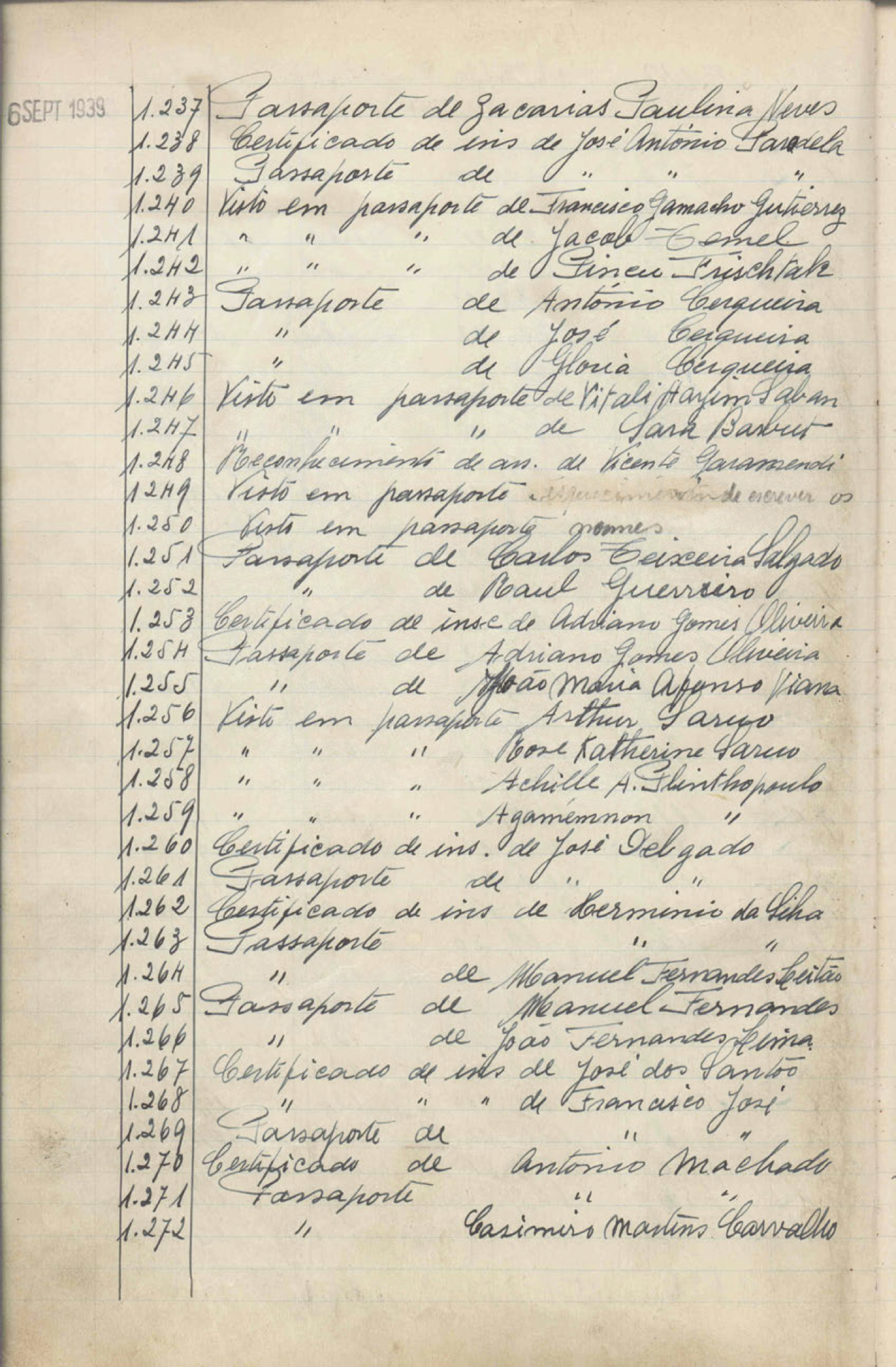Anonymous
Visa Recipients
- Anonymous A
Visa #1203 - Anonymous A
Visa #1249 - Anonymous A
Visa #1250 - Anonymous
Visa #2663 - Anonymous
Visa #2664 - Anonymous
Visa #2665 - Anonymous
Visa #2666 - Anonymous
Visa #2667 - Anonymous
Visa #2668 - Anonymous
Visa #2669 - Anonymous
Visa #2670 - Anonymous
Visa #2671 - Anonymous
Visa #2672 - Anonymous
Visa #2673 - Anonymous
Visa #2674 - Anonymous
Visa #2675 - Anonymous
Visa #2676 - Anonymous
Visa #2677 - Anonymous
Visa #2678 - Anonymous
Visa #2679 - Anonymous
Visa #2680 - Anonymous
Visa #2681 - Anonymous
Visa #2682 - Anonymous
Visa #2683 - Anonymous
Visa #2684 - Anonymous
Visa #2685 - Anonymous
Visa #2686 - Anonymous
Visa #2687 - Anonymous
Visa #2688 - Anonymous
Visa #2689 - Anonymous
Visa #2690 - Anonymous
Visa #2691 - Anonymous
Visa #2692 - Anonymous
Visa #2693 - Anonymous
Visa #2694 - Anonymous
Visa #2695 - Anonymous
Visa #2696 - Anonymous
Visa #2697 - Anonymous
Visa #2698 - Anonymous
Visa #2699 - Anonymous
Visa #2763 - Anonymous
Visa #2764 - Anonymous
Visa #2765 - Anonymous
Visa #2766 - Anonymous
Visa #2767 - Anonymous
Visa #2768 - Anonymous
Visa #2769 - Anonymous
Visa #2770 - Anonymous
Visa #2771 - Anonymous
Visa #2772 - Anonymous
Visa #2773 - Anonymous
Visa #2774 - Anonymous
Visa #2775 - Anonymous
Visa #2776 - Anonymous
Visa #2776 - Anonymous
Visa #2777 - Anonymous
Visa #2778 - Anonymous
Visa #2779 - Anonymous
Visa #2780 - Anonymous
Visa #2781 - Anonymous
Visa #2782 - Anonymous
Visa #2783 - Anonymous
Visa #2784 - Anonymous
Visa #2785 - Anonymous
Visa #2786 - Anonymous
Visa #2787 - Anonymous
Visa #2788 - Anonymous
Visa #2789 - Anonymous
Visa #2790 - Anonymous
Visa #2791 - Anonymous
Visa #2792 - Anonymous
Visa #2793 - Anonymous
Visa #2794 - Anonymous
Visa #2795 - Anonymous
Visa #2796 - Anonymous
Visa #2797 - Anonymous
Visa #2798 - Anonymous
Visa #2799 - Anonymous
Visa #2800 - Anonymous
Visa #2801 - Anonymous
Visa #2802 - Anonymous
Visa #2803 - Anonymous
Visa #2804 - Anonymous
Visa #2805 - Anonymous
Visa #2806 - Anonymous
Visa #2807 - Anonymous
Visa #2808 - Anonymous
Visa #2809 - Anonymous
Visa #2810 - Anonymous
Visa #2811 - Anonymous
Visa #2812 - Anonymous
Visa #2813 - Anonymous
Visa #2814 - Anonymous
Visa #2815 - Anonymous
Visa #2816 - Anonymous
Visa #2817 - Anonymous
Visa #2818 - Anonymous
Visa #2819 - Anonymous
Visa #2820 - Anonymous
Visa #2821 - Anonymous
Visa #2822 - Anonymous
Visa #2823 - Anonymous
Visa #2824 - Anonymous
Visa #2825 - Anonymous
Visa #2826 - Anonymous
Visa #2827 - Anonymous
Visa #2828 - Anonymous
Visa #2829 - Anonymous
Visa #2830 - Anonymous
Visa #2831 - Anonymous
Visa #2832 - Anonymous
Visa #2833 - Anonymous
Visa #2834 - Anonymous
Visa #2835 - Anonymous
Visa #2836 - Anonymous
Visa #2837 - Anonymous
Visa #2838 - Anonymous
Visa #2839 - Anonymous
Visa #2839 - Anonymous
Visa #2840 - Anonymous
Visa #2841 - Anonymous
Visa #2842 - Anonymous
Visa #2843 - Anonymous
Visa #2844 - Anonymous
Visa #2845 - Anonymous
Visa #2846 - Anonymous
Visa #2847 - Anonymous
Visa #2848 - Anonymous
Visa #2849 - Anonymous
Visa #2850 - Anonymous A
Visa #523
About the Family
A great number of Portuguese transit visas were issued by Aristides de Sousa Mendes and his subordinates for which no names were recorded. Some of these are described below:
Visa # 523, issued in Bordeaux on April 8, 1940, is recorded in the Visa Registry Book as “visa in passport of an American woman.”
For visa # 1203, issued in Bordeaux on September 5, 1939, the name is omitted.
For visas # 1249 and 1250 issued in Bordeaux on September 6, 1939 the names are illegible.
Visas numbered 2663-2699 were assigned in Bordeaux on June 22, 1940, but the page containing the names of the visa recipients is missing.
Visas numbered 2763-2850 were assigned after hours in Bordeaux on June 22, 1940, and names were not recorded.
There is no registry book for visas issued in Bayonne, Toulouse or Hendaye, so the vast majority of those recipients are anonymous. George Rony, who obtained his visa in Bayonne, estimated that there were 5,000 people in front of the Portuguese consulate of that city.
- Artifacts





